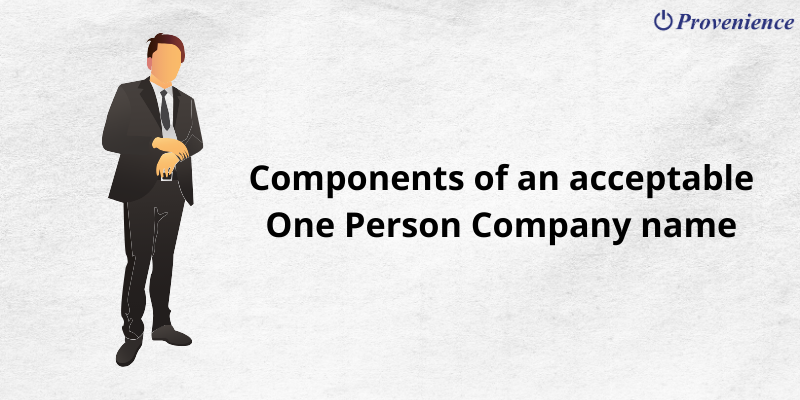In India, the Partnership Act, 1932, governs the Partnership Firm Registration. A partnership involves two or more legal individuals who enter into an agreement to start a business. The partners have a choice to register the partnership or keep it unregistered. While unregistered partnerships are easier to form due to lesser legal compliances, partnership firm registration offers many benefits. As per the Act, you can register your partnership firm in your state with the Registrar of Firms and Societies. In a regular partnership, all partners have unlimited liability. If you want to register a partnership where partners have limited liability, then you can opt for an LLP. Today, we will talk about a regular partnership firm registration and explain the details of a partnership deed – the most important document that governs the partnership.

The legal definition of a Partnership
According to the Partnership Act, 1932, the definition of a partnership is as follows:
“Partnership” is the relation between persons who have agreed to share the profits of a business carried on by all or any of them acting for all. Persons who have entered into a partnership with one another are called individually, “partners” and collectively “a firm”, and the name under which their business is carried on is called the “firm-name”.
Why you should register the partnership
It is important to note that a partnership is NOT a separate legal entity. It is a combined name for all the partners. Whether you register the partnership or not, this fact will not change. However, registering the partnership is legal proof of the existence of the firm. According to Section 69 of the Partnership Act, 1932, unregistered partnerships face the following consequences:
- A partner of the firm cannot file legal proceedings against the firm or any of its partners.
- The partnership firm cannot file legal proceedings against any third party. So, if there is a dispute regarding a business transaction, an unregistered partnership firm cannot go to court for settlement.
- A partner of the firm cannot file legal proceedings to enforce any right for the dissolution of the firm or for the accounts of a dissolved firm or power to realize the property of a dissolved firm.
Process of Partnership Firm Registration
The Partnership Act, 1932, does not mandate partnership firm registration and therefore, there is no time limit for the same. You can register the firm at any time. The partnership firm registration process is as follows:
- Submit an application form to the Registrar of Firms and provide details like:
- Name of the firm
- Names and addresses of all partners
- Addresses of the main office and all branches
- Date of commencement of business
- Date of joining of each partner
- Duration of the partnership
- Attach the required documents (explained below)
- Pay the necessary fees
The process of registration is simple. Once the Registrar is satisfied with the details, he files an entry of the statement in the Register of Firms. This completes the process of partnership firm registration.
Documents required for Partnership Firm Registration
- Form 1 (the application form for registration)
- A signed copy of the Partnership Deed
- Duly filled specimen of Affidavit
- Proof of the principal place of business (ownership or lease agreement)
- Proof of identity and address of all partners
- PAN Card of all partners
Partnership Deed
When a partnership is formed, the partners enter into an agreement in which the rights, duties, share in profits, etc. are mentioned. The partners can have a written or verbal agreement. However, for legal purposes, it is important to have a written agreement between partners. Such an agreement is called a Partnership Deed.
A partnership deed contains the following information:
- Name of the partnership firm
- Nature of business of the firm
- The date of commencement of business
- Place of business – the address of the main office and/or branch office for communication
- The partners can create some partnerships for a specific duration. In such cases, the deed must carry information about the duration of the partnership. However, you don’t need this information if it is a partnership-at-will.
- How much capital each partner will contribute?
- The ratio of sharing the profits. If no ratio is mentioned, then it is assumed that the profits are shared equally.
- Salary, commission, and any other amount to be paid to each partner
- Interest on the invested capital and interest on drawings
- Details about how the firm will function on a day-to-day basis. Also, details about the distribution of managerial functions among partners.
- All the terms surrounding the expulsion or retirement of a partner. Also, details about how to continue the partnership after such an event.
- Process for the dissolution of the firm (voluntary or forced)
- Dispute handling guidelines
- Management of the firm’s accounts and provisions for audit
- Any such other important terms & conditions as the partners may mutually deem fit.
Summing Up
We hope that this article helped you understand the eligibility and documents requirement and get a better understanding of the process for partnership firm registration. You can also drop us a line and our team of experts can help you get your firm registered in no time.













